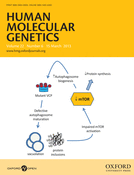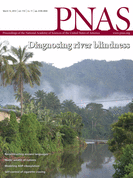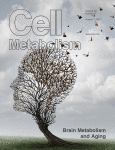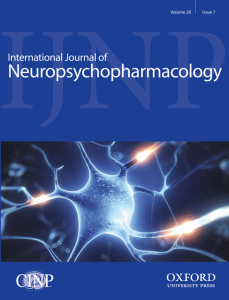
“Common wisdom,” according to the authors of a new piece in Nature, “assumes that the hazard of predatory publishing is restricted mainly to the developing world.” But the authors of the new paper, led by David Moher of the Ottawa Hospital Research Institute, found that more than half — 57% — of the 2,000 articles published in journals they determined were predatory were from high-income countries. In fact, the U.S. was second only to India in number of articles published in such journals. We asked Moher, who founded Ottawa Hospital’s Centre for Journalology in 2015, a few questions about the new work.
Retraction Watch (RW): Your paper comes out on the heels of a Bloomberg story showing that Big Pharma researchers are also publishing in predatory journals. Does all of this suggest that our understanding of who publishes in predatory journals is incomplete, or even wrong? Continue reading Predatory journals: Not just a problem in developing world countries, says new Nature paper








